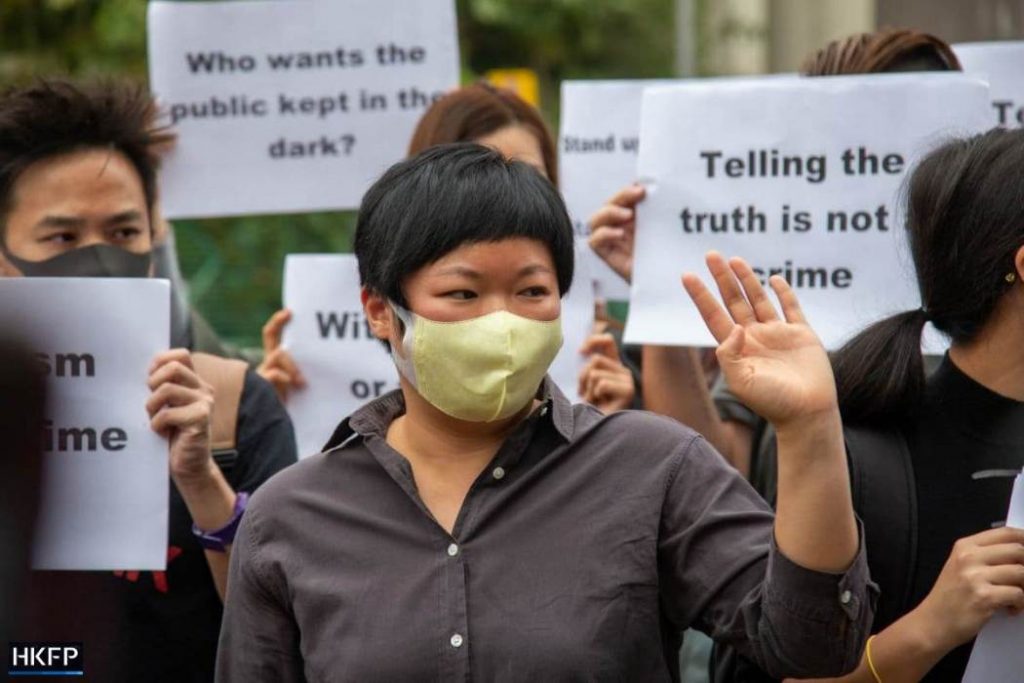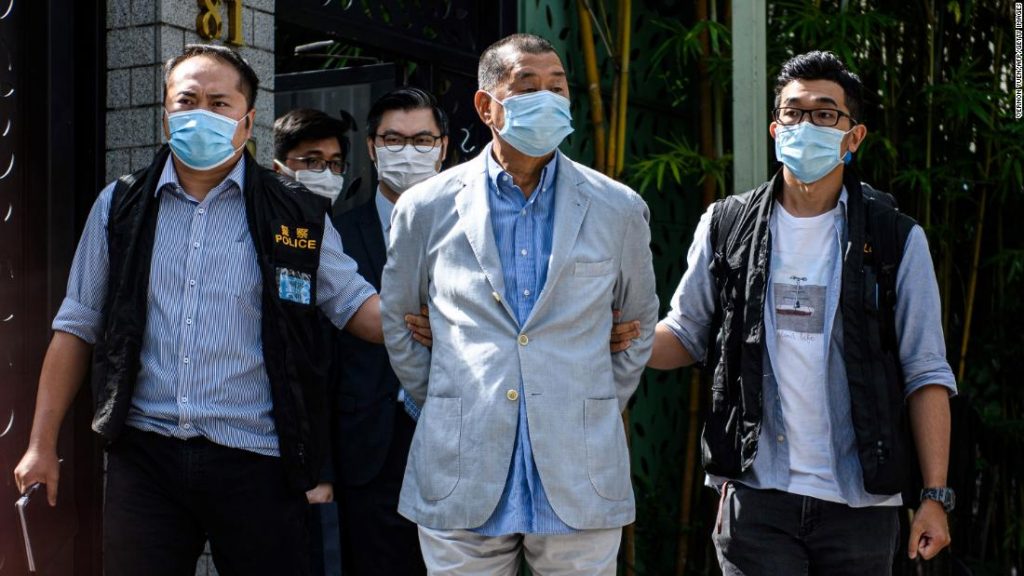
On 22 April, Bao Choy Yuk-ling, a freelance journalist with Radio Television Hong Kong (RTHK), was convicted of making false statements using license plate information from publicly accessible databases. She was fined USD 775 for violating the road traffic ordinance.
Ivy Chui, West Kowloon Magistrate, said: “The regulations are not intended to allow the public to obtain vehicle particular without limitations.” She highlighted that the public could obtain vehicle ownership records only for three stated purposes: legal matters, vehicle purchase or other transport or traffic-related matters.
According to Reuters, Chris Yeung, Chief of Hong Kong Journalists Association, said: “it was a day of shame for the city.” Also according to Reuters, he considered this as criminalizing normal journalism and said it is “recklessly destroying” the press freedom.
Background

Hong Kong as a bastion of free media. Under constitutional guarantees of free speech, Hong Kong had engaged in independent journalism. From the Tiananmen massacre in 1989 to the Umbrella Movement in 2014, the press had far more freedom than the mainland in reporting the protests and regional politics. Social media has also played a prominent role in mobilizing support in the pro-democracy protest of 2019 in Hong Kong. Consequently, pro-Beijing officials blamed the negative coverage of China by the press as a reason for the rising anti-china sentiments in the territory.
Beijing’s strategy to target the independent media in Hong Kong. After the imposition of the national security law, freedom of expression has deteriorated in the territory, marking a clear shift from the media-friendly environment of Hong Kong.
On 16 April, Jimmy Lai, founder of Apple Daily, who has been arrested on several occasions, was sentenced to 14 months in prison. In February, RTHK, a government-funded network, replaced its head with a bureaucrat and called for stringent supervision. Many international newspapers like New York Times have also relocated their offices to Seoul after facing pressure from the government.
Journalists have shown concerns over raids, search warrants, and arrests. According to New York Times, Reporters without Borders said: The National Security law used by the government is a “full-blown intimidation” of journalists. In September 2020, Hong Kong police announced that the designation of ‘media representative’ will be restricted to government-licensed organizations, effectively curbing reporting by freelance journalists.
What does it mean?
Choy’s conviction indicates the growing pressure on media in Hong Kong. The use of national security law against media freedom has narrowed the space for dissent.
China seems to be moving towards a “one country, one media” environment by replicating mainland media’s features in Hong Kong, thereby effectively eroding the territory’s civil liberties.
